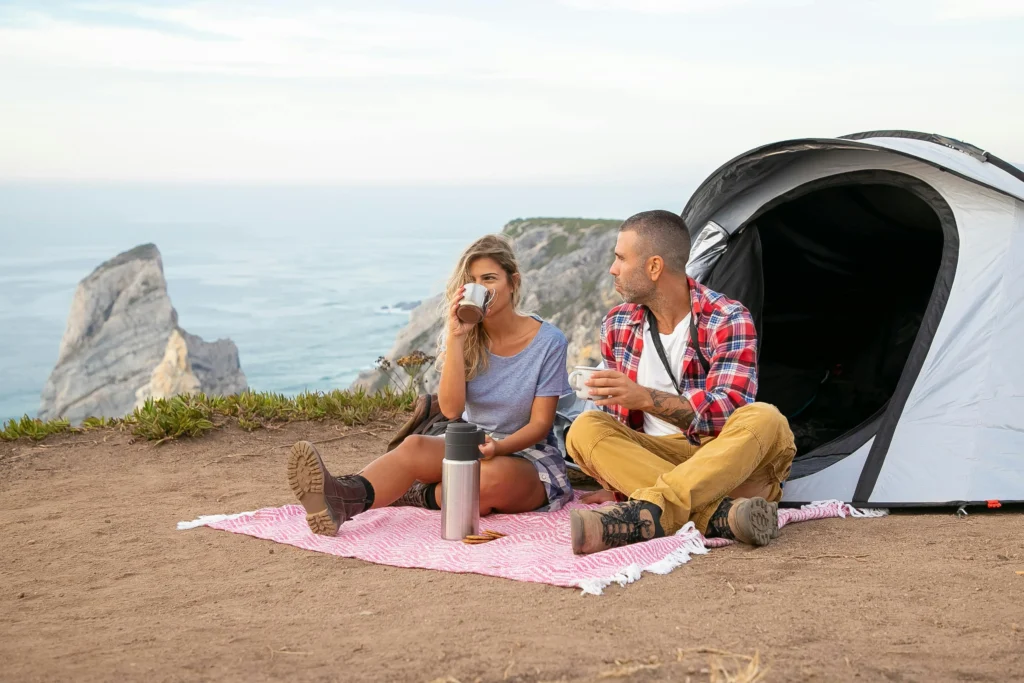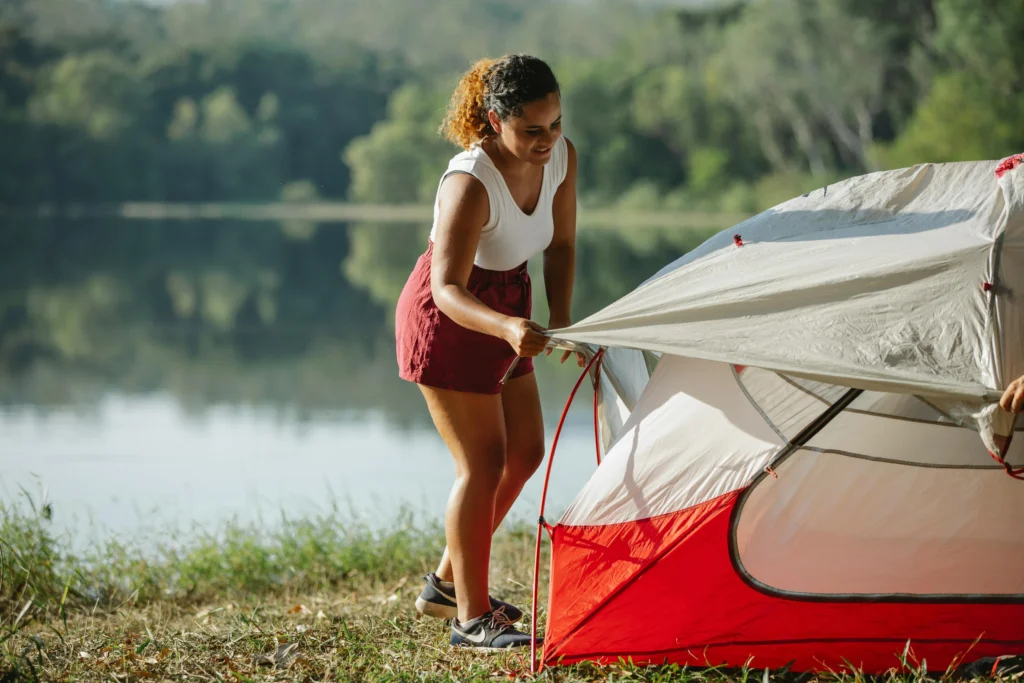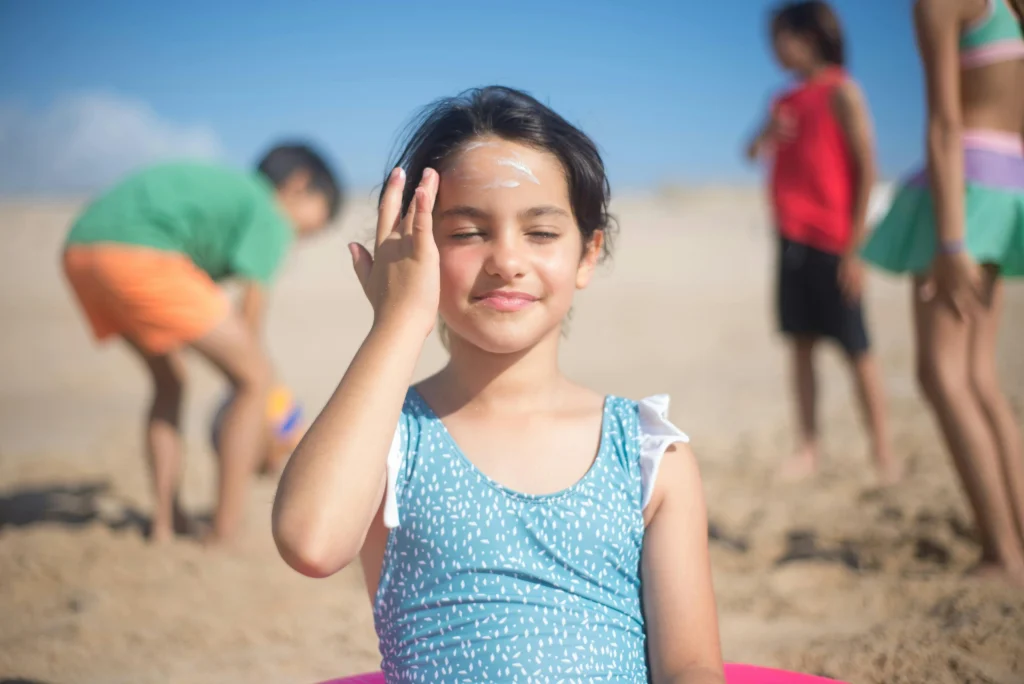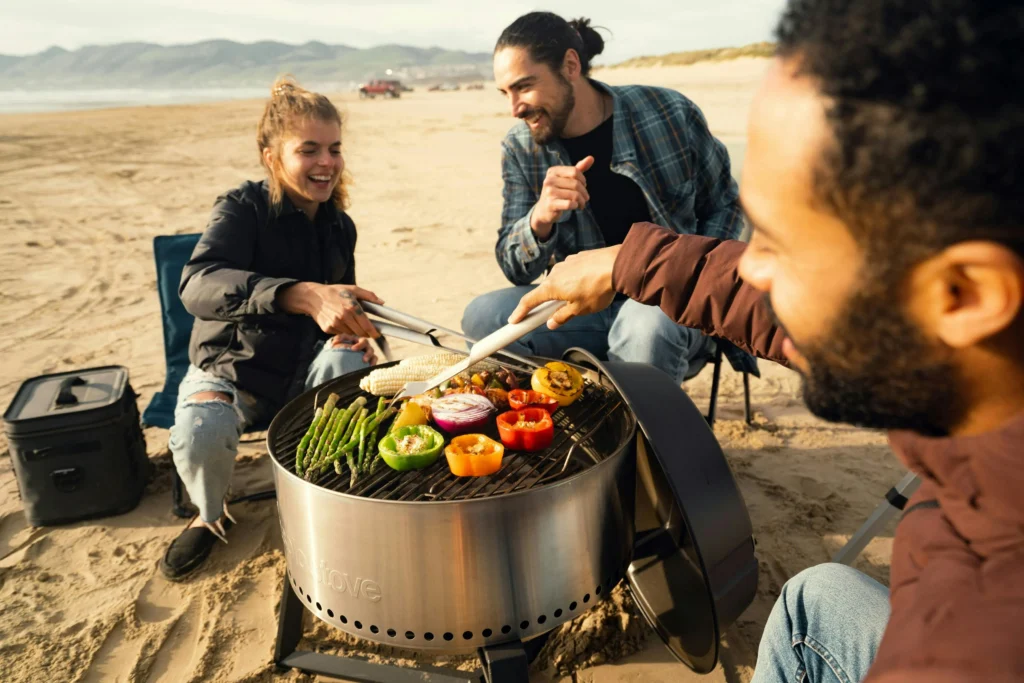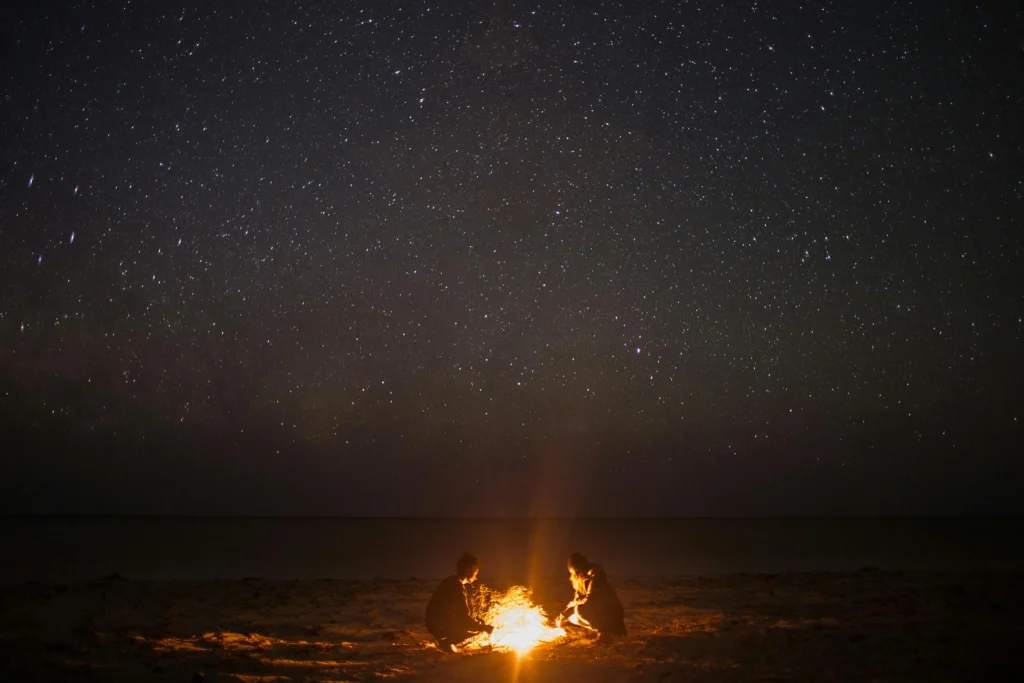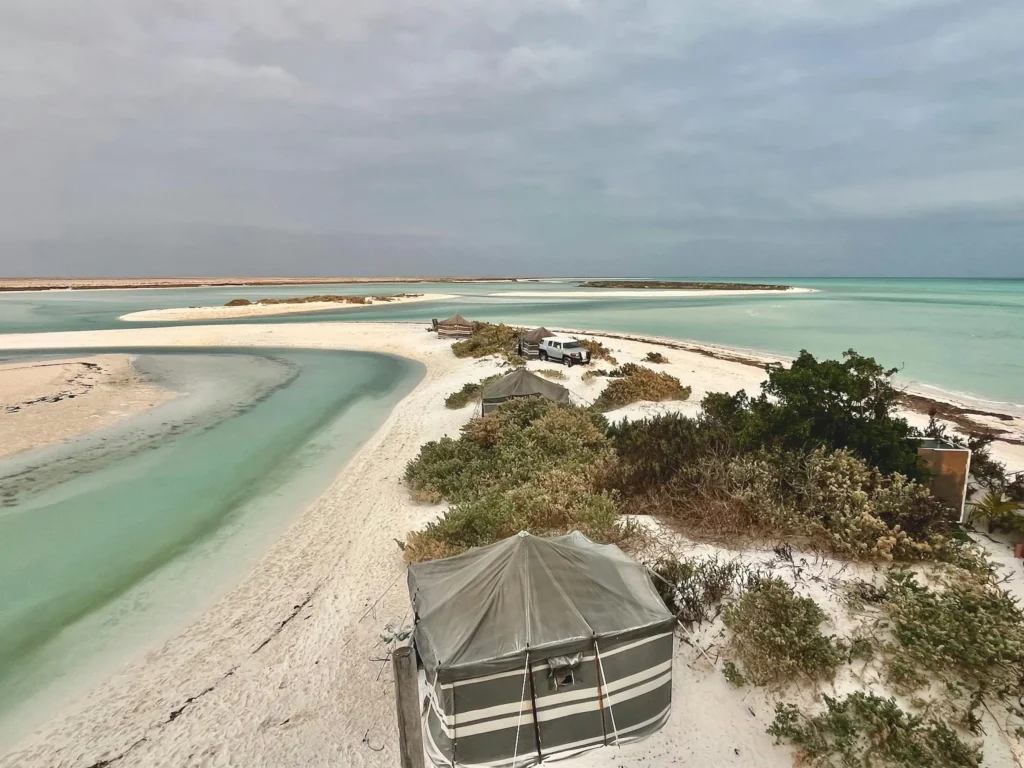Camping on the beach in 2025
Planning Your Beach Camping Trip
When deciding on a beach camping destination, thorough research is essential. Some of the top factors to consider include amenities, proximity to water, and the overall ambiance of the campground. For example, families might prioritize campgrounds with playgrounds and restrooms, while adventure seekers may prefer more secluded and rugged environments. Websites like Campendium or AllTrails can be invaluable resources to uncover hidden gems and read real camper reviews.
Checking Camping Regulations and Permits
Before packing up your gear, check for specific camping regulations and required permits at your chosen campground. Some areas enforce quiet hours, campfire restrictions, or specific rules regarding food storage to help protect local wildlife. Visit the official park or campground website for enriched details.
Preparing Necessary Gear and Supplies
Proper preparation ensures a comfortable stay. Here’s a quick checklist to help you pack:
Don’t forget personal items like medication or favorite beach reads! Thoughtful planning will enhance your beach camping experience, turning the trip into a delightful adventure.
Setting Up Camp
Choosing the Right Campsite Location
Once you arrive at your beach camping spot, finding the ideal campsite location is crucial. Look for a flat, sandy area away from high tide and wind-blown debris. Ideally, you want a site that’s close enough to the water for easy access but far enough to avoid unexpected splashes. For instance, one summer, I made the mistake of setting up right by the shoreline, and the tide came in faster than I anticipated!
Setting Up Tent and Campfire Safely
When it comes to setting up your tent, make sure to:
For a campfire, clear a diameter of at least 10 feet around the fire pit, and use stones to contain the flames. Always have a bucket of water or sand nearby for safety.
Storing Food Properly to Prevent Wildlife Encounters
To avoid unwanted visitors, store food in bear-proof containers or hang it from a tree, at least 10 feet off the ground. Always remember, keeping your area clean is pivotal; any food scraps can attract curious wildlife and disrupt your camping experience. By taking these precautions, you’ll enjoy a peaceful beach camping trip without any unwelcome surprises!
Beach Activities and Safety
Beachside Relaxation and Enjoyment
Once you’ve set up camp, it’s time to unwind and embrace the beauty of the beach! There’s nothing quite like lounging on a towel while listening to the gentle waves lapping at the shore. Bring a good book, your favorite beach chair, or even a hammock for that perfect chill-out spot. Consider organizing fun activities, such as:
Water Safety Tips for Swimming or Water Sports
While enjoying the water, safety should remain a top priority. Always swim in designated areas where lifeguards are present. If you enjoy water sports like kayaking or paddleboarding, be sure to wear a life jacket and check your equipment beforehand. Remember these crucial safety tips:
- Never swim alone or in overly rough waters.
- Keep an eye on local weather conditions.
Sun Protection and Hydration in Beach Environment
Protecting your skin from harmful UV rays is essential. Apply sunscreen with at least SPF 30 every two hours and wear protective clothing when not swimming. Don’t forget a wide-brimmed hat and sunglasses! Staying hydrated is equally important. Drink plenty of water throughout your beach day, especially if engaging in vigorous activities. I always carry a reusable water bottle to keep my hydration levels in check. With these tips in mind, you’re all set for safe and enjoyable beach activities!
Cooking and Dining at the Beach
Beach-Friendly Cooking Equipment and Techniques
After a day of fun in the sun, cooking at the beach can be a delightful experience. The right equipment makes all the difference. Portable camping stoves, lightweight cookware, and coolers are essential. I’ve found that investing in a good-quality portable grill allows for delicious beach barbecues without much hassle. Consider these practical cooking techniques:
Planning Meals and Snacks for Beach Camping
When it comes to meal planning, think simple and satisfying. Easy-to-make ideas include:
- Tacos using pre-cooked meat and toppings
- Pasta salads for a refreshing side
- Fresh fruits like watermelon or berries for quick snacks
Keep energy levels high with granola bars or trail mix!
Cleaning Up and Disposing of Waste Responsibly
Always clean up after meals to keep the beach pristine and wildlife safe. Bring trash bags for your refuse, and encourage your camping group to practice the “Leave No Trace” principle. A personal habit I’ve developed is to carry a small trash bag in my backpack during the day, ensuring I can dispose of any litter I encounter. This helps preserve the beauty of the beach for everyone. With good planning and mindfulness, cooking and dining at the beach can be a pleasurable experience!
Nighttime Experience and Sleeping Comfortably
Enjoying Sunset Views and Stargazing
As the sun sets over the horizon, the beach transforms into a canvas of vibrant colors. There’s nothing quite like settling on the sand with loved ones, and enjoying the stunning sunset views. Bringing a blanket or beach chairs enhances the experience, making it even more comfortable. As night falls, don’t miss the chance to indulge in stargazing. Lay back and marvel at the constellations away from city lights. A stargazing app can help you identify stars and planets, turning your nighttime into an adventure.
Dealing with Temperature Changes at Night
Beach temperatures can drop significantly at night. To ensure comfort, pack layered clothing and sleeping bags appropriate for cooler temperatures. I always bring a lightweight fleece blanket to snuggle into, especially when the ocean breeze kicks in.
Ensuring a Peaceful and Safe Sleep Experience
For a restful night, set up your sleeping arrangements away from the wind and potential disturbances. Use sleeping pads to add comfort and insulation from the ground. Additionally, keep your campsite light-free to avoid attracting insects—this not only guarantees a peaceful sleep but also helps maintain the natural nighttime ambiance of the beach. By following these tips, you can enjoy a delightful and relaxing nighttime experience under the stars!
Beach Camping Etiquette and Leave No Trace Principles
Respecting Nature and Wildlife
As you embark on your beach camping adventure, it’s crucial to respect the delicate ecosystem around you. Keep a safe distance from wildlife and avoid feeding animals, as this can disrupt their natural behavior. Personally, I love to photograph wildlife from afar, which creates a memorable experience while minimizing impact on nature. Always stay on designated trails to prevent erosion and preserve habitats. If you spot nesting birds or marine life, observe from a distance—this is their home, and we are just guests.
Proper Waste Disposal and Trash Management
Proper waste disposal is one of the essential principles of Leave No Trace. Bring trash bags to carry out any waste, including biodegradable items if applicable. Avoid leaving rubbish behind; it detracts from the natural beauty and poses risks to animals who may ingest it. My rule of thumb is: if I brought it, I pack it back out. Encourage fellow campers to do the same!
Interacting with Other Campers and Beach-Goers
Being considerate to fellow campers and beach-goers will enhance everyone’s experience. Keep noise levels down during quiet hours, and respect personal space by avoiding encroaching on their campsite. Engaging in friendly interactions, such as sharing tips on the best spots for sunset views, can lead to new friendships. Remember, a smile and a greeting can go a long way! By following these etiquette guidelines, you’ll contribute to a positive atmosphere for everyone while enjoying the beauty of nature.

